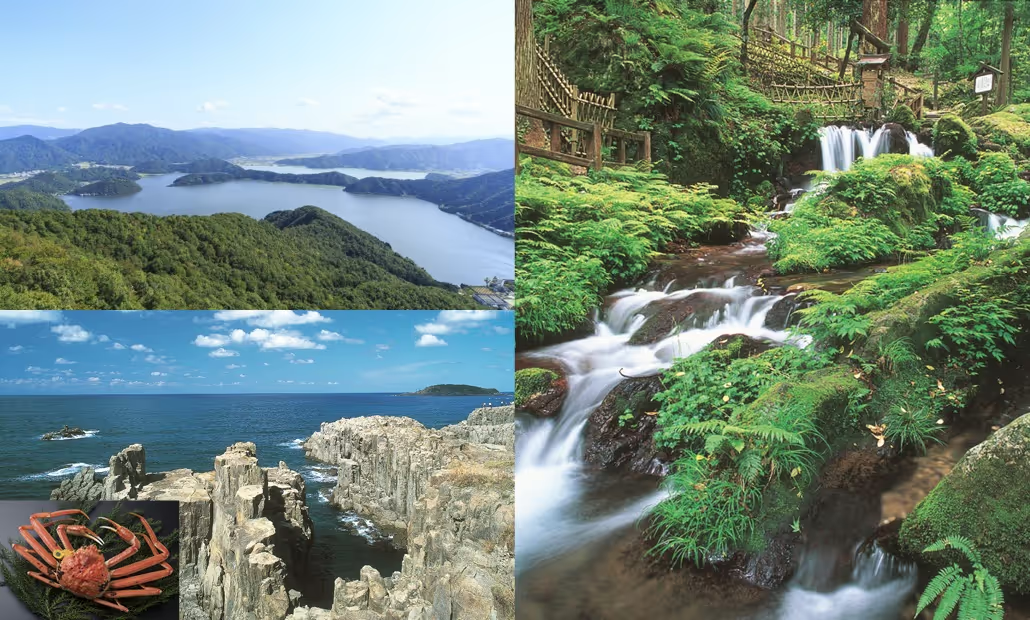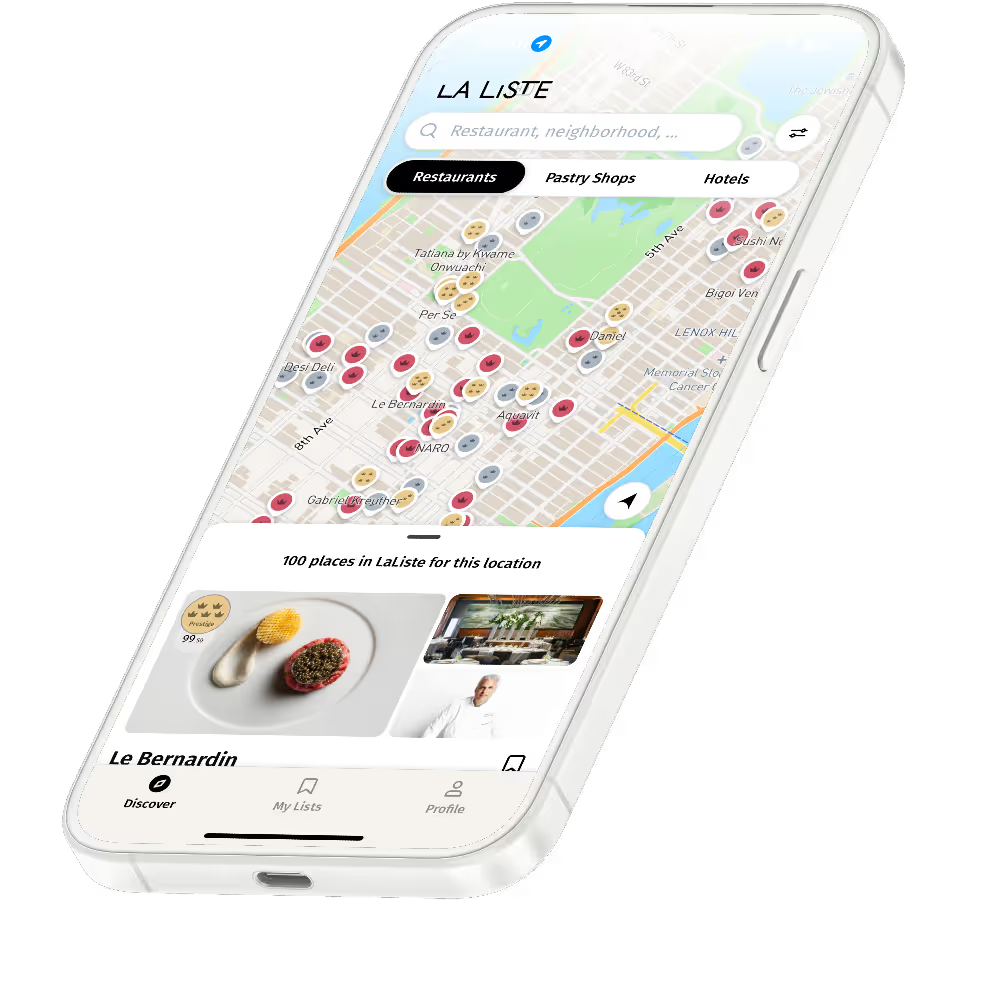Fukui Prefecture, a jewel in central Honshu, is renowned for its culinary diversity, deeply influenced by its geographical segmentation into the northern "Reihoku" and southern "Reinan" regions, separated by the Kinome Pass. The historical provinces of Echizen and Wakasa have left an indelible mark, resulting in contrasting cultural and culinary practices between the two zones.<br><br>This vibrant prefecture, often referred to as "Etsuzan Jakusui" or the "Dinosaur Kingdom" boasts a landscape of lush mountains and sparkling waters. Its climate, affected by the Tsushima Current, presents significant differences between Reihoku and Reinan, shaping the agricultural and seafood offerings of each area.<br><br>The bounty of Fukui is not just limited to its terrain but also flows through its springs and rivers, contributing to its reputation for exquisite water, which nourishes everything from paddy fields to sake breweries. Celebrated events like Jingu-ji Temple's "O-Mizuokuri" highlight the region's spiritual and physical sustenance derived from these waters.<br><br>Culinary traditions in Fukui reflect its geography and history. While Reihoku thrives on a vegetarian diet deeply influenced by its Buddhist temples, especially Eiheiji, the head temple of the Soto Zen school, which is a source of "Shojin-Ryori", pure vegetarian cuisine originally meant for the monks of Zen.<br><br>Reinan has a storied history of providing seafood to imperial households, known as "Miketsukuni". This rich history influences local dialects and cultural practices, drawing elements from the broader Kansai region and historical trade routes.<br><br>Reihoku enjoys a variety of dishes stemming from its Buddhist traditions and the need for food preservation, particularly through the snowy winters. From 'Hoonko' feasts featuring 'Atsu-age' (thick fried tofu) to unique preparations of local vegetables and soy products, the cuisine reflects the resilience and spirituality of the community.<br><br>Reinan's culinary expertise shines in seafood, influenced by its status as a former imperial food supplier. Techniques like 'Heshiko' (fish pickled in rice bran) and special dishes like 'Kodai no sasazuke' are testaments to the ingenuity in preserving and celebrating their marine bounty. The tradition of enjoying "Maruyaki Saba" (grilled mackerel) showcases the region's connection to the sea and its past.<br><br>Fukui's culinary tapestry is a journey through its diverse landscapes, historical nuances, and the enduring spirit of its people, offering an enriching experience that goes beyond just flavors, deeply rooted in the land and culture.<br><br>In the spring of 2024, the Hokuriku Shinkansen (bullet train) will be extended to Fukui Prefecture, reaching as far as Tsuruga City via Fukui City. This expansion will make it easier for everyone to travel to this region, which is known for its culinary delights



